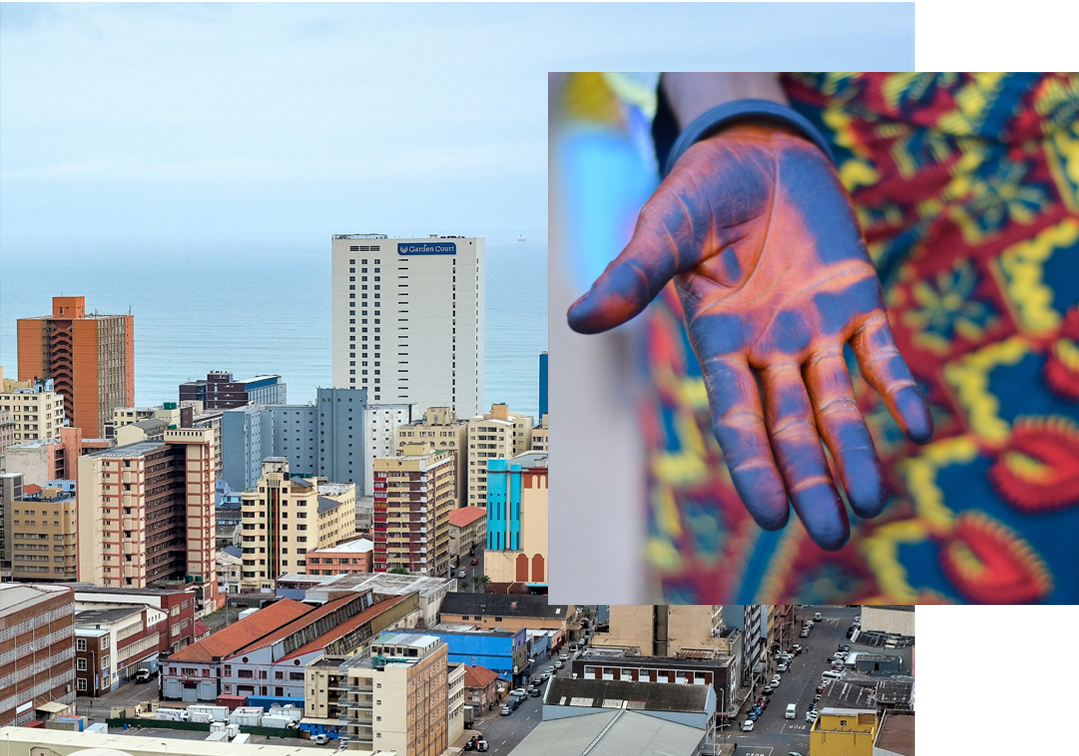In recognition of its wonder and multifaceted nature, the month of May is dedicated to Africa. Africa Day itself is celebrated on 25 May to commemorate the founding of the Organisation of African Unity (now known as the African Union) on 25 May 1963. On this day, leaders of 30 of the 32 independent African states signed a founding charter in Addis Ababa, Ethiopia, and vowed to encourage nation-building through unity and freedom from oppression.
This month, the Language Centre has chosen to highlight the important roles that interpreters have played on the African continent to overcome language barriers – from the professional linguists and praise singers of tribal African societies to the modern-day interpreters who facilitate nation-building and provide access to services by interpreting in national parliaments, conferences, courts and hospitals. And, of course, we also think of the educational interpreters who make it possible for university lectures to be understood in Afrikaans, English, isiXhosa and South African Sign Language.
The practice of interpreting from one language to another on the African continent, as elsewhere, goes back thousands of years. In many African societies, the professional linguists or praise singers belonged to a long line of gifted multilingual orators who devised praise songs on important public occasions to celebrate the victories and glorious qualities of the chief and his ancestors. The oral art of West African griots (‘bards’) and Southern African iimbongi (‘praise singers’) continues today, with praise singers acting as modern political commentators.
The hearings of the Truth and Reconciliation Commission from 1996 to 1998 marked the first opportunity for many South Africans to become acquainted with the marvels of simultaneous interpreting in the eleven official languages of South Africa. Interpreters facilitated reconciliation during the hearings of the Truth and Reconciliation Commission. Since then, they have continued to help to build South Africa as a nation at national and provincial legislatures, municipal council meetings and conferences. Other major employers of interpreters in Africa include the African Union, Pan-African Parliament, UNON (the United Nations Office in Nairobi), SADC (the Southern African development community) and the African Development Bank.
All around the world, sign language interpreters are known for facilitating access to education for Deaf students, but what is less well known is that spoken language interpreters can do the same for hearing students. This way several South African universities make university lectures accessible to students who are not necessarily so comfortable in the language of teaching. At SU, our educational interpreters work in Afrikaans, English, isiXhosa and South African Sign Language.
We celebrate the role interpreting has played over the years to help Africa and its people connect and prosper. At the Language Centre we consider ourselves privileged to be part of that story.
If you’re an interpreter working in Africa, please share your story with us. E-mail us at taalsentrum@sun.ac.za.
– by Kim Wallmach
Source:
Wallmach, K. 2015. Africa. In Pöchhacker, F. (ed.) Encyclopaedia of Interpreting Studies. London: Routledge.



